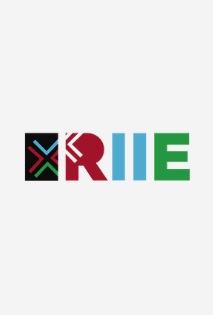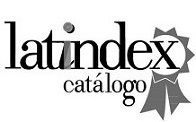TELLING YOURSELF TO TRANSFORM YOU. Subversive perspectives to disabilty
DOI:
https://doi.org/10.30972/riie.8103651Keywords:
School, Segregation, Bullying, Life Story, DisabilityAbstract
School experiences are going to leave a mark in the perception and social construction that each person will have of the educational system, shaping the meaning which the school has had for them and for society, broadly speaking. Attending school is a significant experience, even more, when the students are exposed to violent and segregated practices, which in many cases they are spread to the family context with their identity, social and emotional consequences. Based on the life histories of two people diagnosed with Asperger's syndrome and two other people diagnosed with intellectual disability, we came to know and to analyze their school experiences from a established viewpoint. Through this essay, we are trying to approach an interpretative analysis of some critical school episodes which have shaped the identity of the participants.Downloads
Download data is not yet available.
Downloads
Published
2019-04-17
How to Cite
González, B., Mañas Olmo, M., & Cortés González, P. (2019). TELLING YOURSELF TO TRANSFORM YOU. Subversive perspectives to disabilty. Revista Del Instituto De Investigaciones En Educación, 8(10), 14–30. https://doi.org/10.30972/riie.8103651
Issue
Section
Artículos basados en investigación empírica
License
Aquellos autores/as que tengan publicaciones con esta revista, aceptan los términos siguientes:
- Los autores/as conservarán sus derechos de autor y garantizarán a la revista el derecho de primera publicación de su obra, el cuál estará simultáneamente sujeto a la Licencia de reconocimiento de Creative Commons que permite a terceros compartir la obra siempre que se indique su autor y su primera publicación esta revista.
- Los autores/as podrán adoptar otros acuerdos de licencia no exclusiva de distribución de la versión de la obra publicada (p. ej.: depositarla en un archivo telemático institucional o publicarla en un volumen monográfico) siempre que se indique la publicación inicial en esta revista.
- Se permite y recomienda a los autores/as difundir su obra a través de Internet (p. ej.: en archivos telemáticos institucionales o en su página web) antes y durante el proceso de envío, lo cual puede producir intercambios interesantes y aumentar las citas de la obra publicada. (Véase El efecto del acceso abierto).






.jpg)




